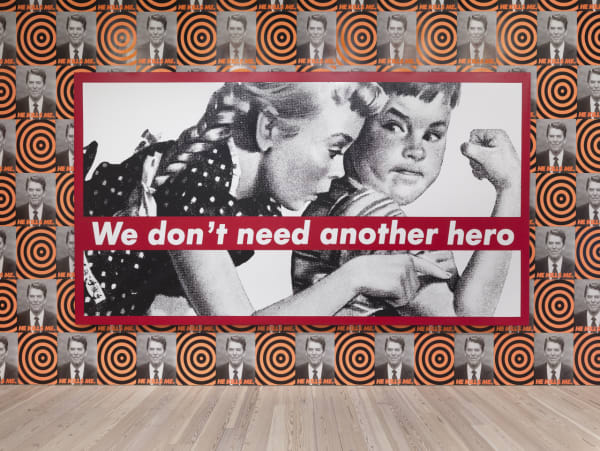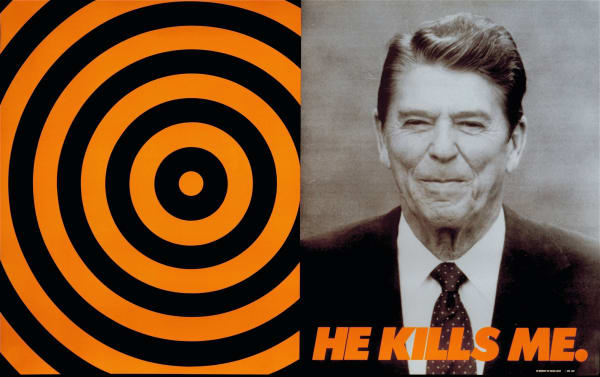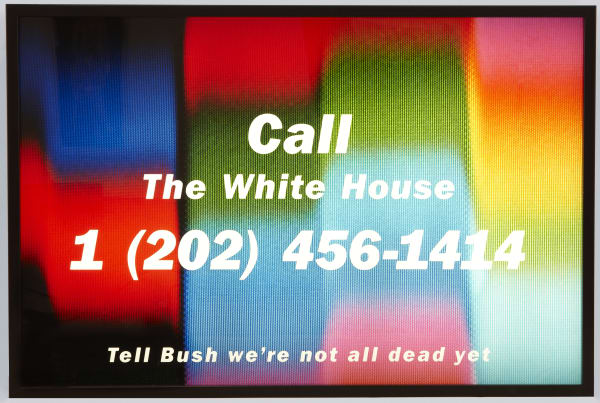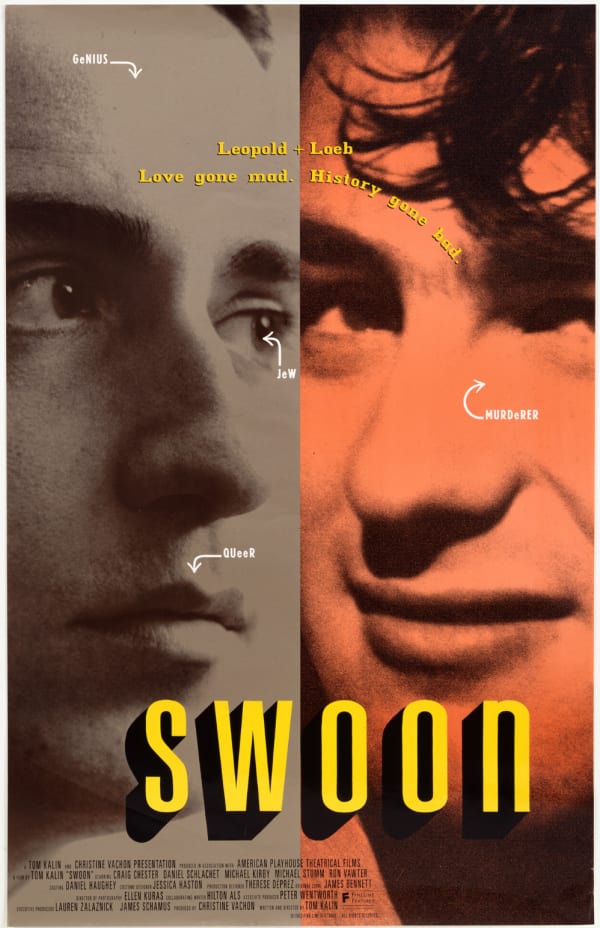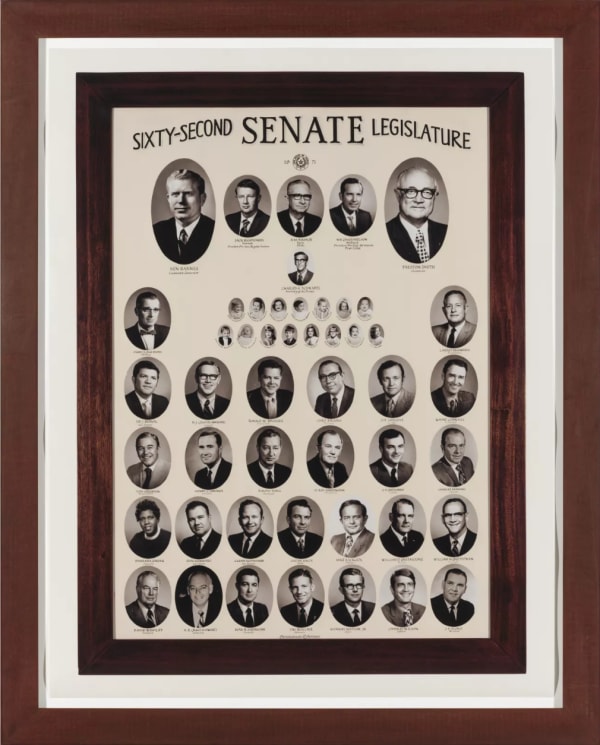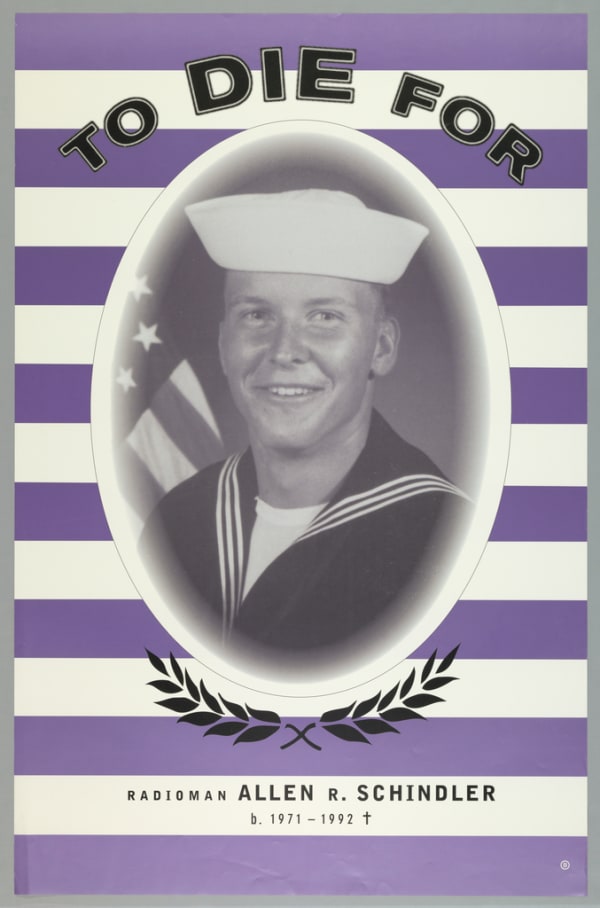Donald Moffett's involvement in Gran Fury (1988–95) marked a crucial intersection between his artistic practice and the political activism of the AIDS crisis. As a founding member of the influential collective, which functioned as the unofficial propaganda arm of ACT UP (AIDS Coalition to Unleash Power), Moffett helped develop new paradigms for how to appropriate mainstream advertising. The collective's iconic works, including the 1989 campaign "Kissing Doesn't Kill: Greed and Indifference Do,” bear the imprint of Moffett's incisive approach. Combining stark political messaging with visually arresting design, Moffett’s experience within Gran Fury profoundly shaped his subsequent trajectory, leading him to establish Bureau with fellow Gran Fury member and friend Marlene McCarty in 1989.
Bureau (1989-2001) emerged as a groundbreaking collaborative entity that deftly navigated the intersections of art, design, and activism during the culture wars of the 1990s. Operating until 2001, Bureau was a vital platform for socially engaged work, deliberately blurring traditional boundaries between commercial design, political activism, and conceptual artmaking. Its projects were remarkably diverse, encompassing everything from exhibition designs and institutional critiques to commercial work for clients in the cultural sector. Moffett and McCarty’s methodology often involved subverting corporate design languages to address pressing issues. Their work illustrates how design can function as a form of cultural activism while maintaining a critical engagement with contemporary art discourses.
Moffett’s practice continues to merge political urgency with rigorous formal experimentation. His recent works demonstrate how art can synthesize historical traditions with contemporary social concerns, creating a space where beauty and politics can coexist without compromising either.
